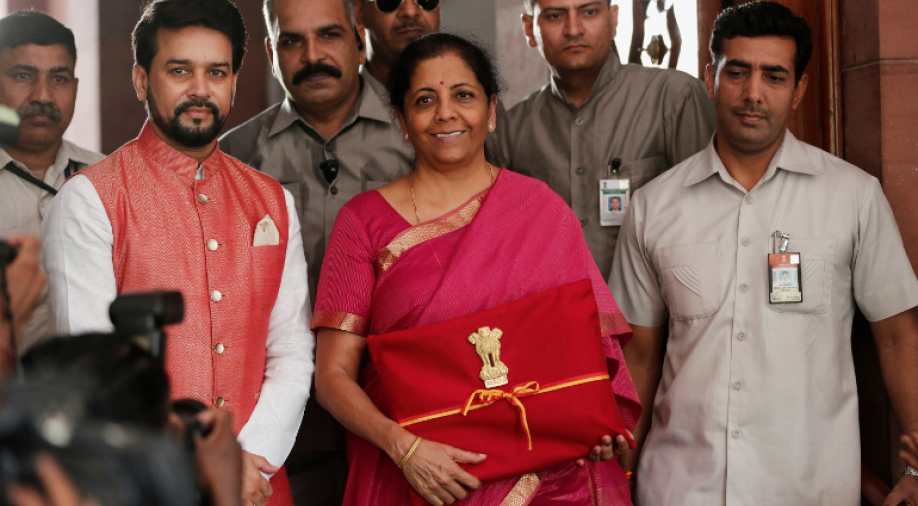While Finance Minister Nirmala Sitharaman made history on Saturday by giving one of the longest budget speeches in India’s history, the startup industry did not find much substance in a record-breaking two hours and 45 minutes long budget. Although the finance minister did touch on few contentious issues like ESOP dual taxation issue, the industry largely felt that the budget has left lot to be desired for.

This has been the overwhelming response that Techpluto has got from Industry veterans and entrepreneurs about the union budget 2020-21.
Here is detailing decoding of the major hits and misses of the union budget
Minor respite on ESOP Taxation comes with tough caveat:
The dual taxation on ESOPs has been one of the thorniest issues for startups, since cash strapped startups heavily rely on ESOP tool to secure and retain talents. Under the current rules, startups employees not only liable to pay tax at the time of redeeming their ESOPs but also when they sign for the ESOPs with vesting period (without incurring any cash gain whatsoever).
Nirmala Sitharaman on Saturday decided to give some marginal respite on this contentious taxation issue. As per union budget 2020, ESOP of startup employees will now be liable to tax payment only under three circumstances.
- Five years after exercising ESOP option
- The year in which employees eventually sell their shares
- The year when the employees exit the company
“I think it’s a very good move deferring the ESOPs or deferring it for 5 years, till they sell it or leave the company. I think it’s a very interesting move and startups will be able to exercise such facilities to hire more talents,” said Chet Jainn, Founder & CEO, Crowdera.
But here is a caveat and catch that many believe undoes the minor respite given by honorable finance minister. According to Economic Times, ESOP taxation changes will be applicable only to nearly 200 startups recognized by the IMB, thereby severely limiting the scope that this respite would have brought for the industry.
No Relief on the front of LTCG Tax:
Sitharaman chose not to pay any heeds to startups hue and cry over LTCG Taxation issues. This means that investor in the unlisted companies will have to continue paying 28% LTCG surcharge on their capital gains. No change in the LTCG Taxation will surely prove to be a big letdown for the startup ecosystem amid the ongoing liquidity crisis in the market.
Extended tax relief for startups with Rs 100 crore turnover:
One major good news coming out from the budget is that now startups with turnover up to Rs 100 crore turnover can claim 100% tax deduction on their profit for the period of three consecutive years out of 10 years since its incorporation. This announcement has been largely hailed by the entire industry. Earlier this concession was only available to startups with turnover over Rs 25 crore.
1% TDS on small businesses generating business from e-commerce:
Small companies generating bulk of their businesses from big online companies like Flipkart, Amazon Ola and Uber will be liable for 1% TDS deduction on their payments. This news certainly has not gone too well with small traders, since they are overwhelmingly dependent on online businesses for their income generation.
Centralized Investment clearance cell:
In a welcome move, finance minister has proposed setting up of ‘centralized investment clearance cell’ at central as well state levels to offer seed funding to early stage startups. The seed funding will also be provided to startups that are still in ideation stage.
Some Good news for MSME sector:
The turnover threshold for mandatory audit of MSMEs has been raised from Rs 1 crore to Rs 5 crore. Earlier MSME companies having turnover of over Rs 1 crore were subjected to mandatory auditing.
Auto startups feel let down:
Auto startup industry claimed that budget missed the opportunity of reviving the struggling auto industry.
Mr. Sudhir Sharma, VP – Finance & Corporate Development, GoMechanic, said “The budget did not specifically talk much on the automobile sector which is going through its slowest phase in recent decades. We will continue to work with Industry bodies to bring the velocity back to the sector which is struggling for traction during this slippery phase.”

